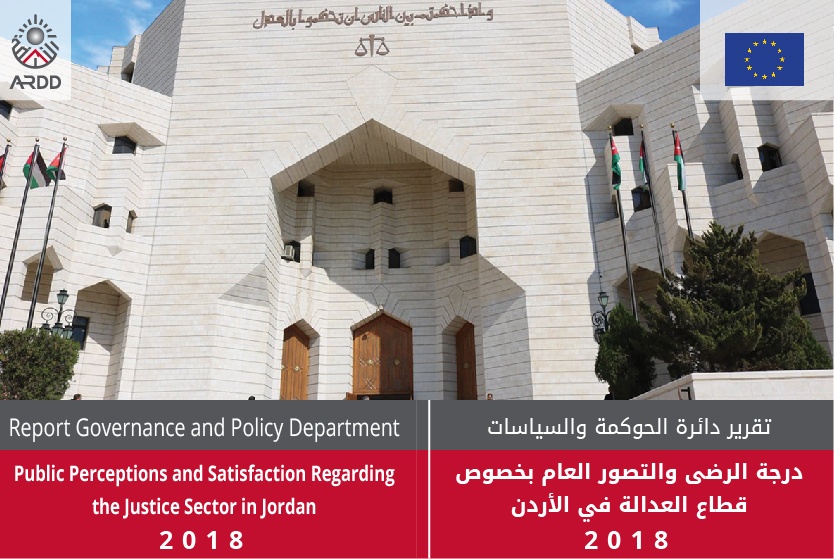In 2012, the European Commission approved a long-term initiative to “Support Justice Sector Reform” that aims to improve the juvenile justice system, integrate various justice sector actors, and enhance the operational independence of key institutions (European Commission, 2012).
The Government of Jordan, with the support of the European Union, constructed the Jordanian Judicial Authority Strategy Building Plan 2012-2014 and initiated a number of significant legislative reform initiatives within the justice sector. Indeed, by the end of 2014, the Jordanian parliament passed 13 laws, including the Judicial Independence Law and the new Juvenile Law – both to great acclaim.
Starting in 2017, the European Union commissioned Arab Renaissance for Democracy and Development – ARDD to implement the Support for Justice Sector Reform project. The overall objective of the project was to engage the Jordanian public in the ongoing justice sector reform process by raising awareness and support for ongoing reform initiatives.
The project also aims to foster evidence-based social dialogue among key stakeholders of the justice sector with a view to strengthen support to Justice Sector institutions. Indeed, while much of the Jordan’s strategic plan focused on creating an independent, efficient and effective justice sector, another pillar of the plan involves building public confidence in institutions tasked with safeguarding the rule of law in Jordan.


